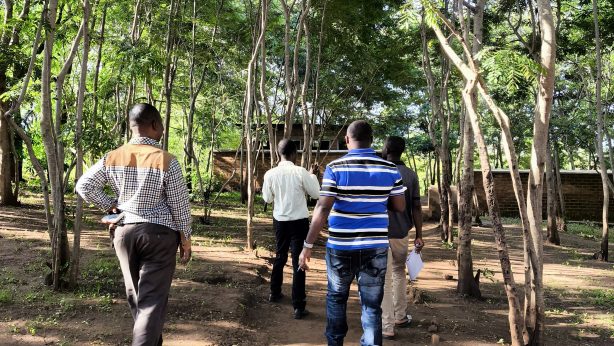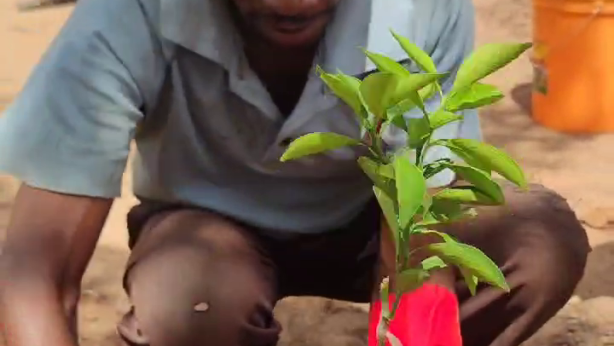Lilongwe
Overview
Lilongwe District is home to the capital city of Malawi, Lilongwe. However, beyond the urban boundaries of the city, are densely populated rural areas.
The challenges here are similar to other parts of Malawi, households rely on subsistence farming to provide for their families. They are often hostage to middle men and have poor access to wider markets.
Our work in this district centres on two planning areas (Demera and Ngwangwa), comprising approximately 100 villages. As of 2018, our scoping indicated that we were best poised to make an impact by supporting three agricultural cooperatives, and two schools in this region.
Cooperatives
Empower Projects is working alongside three agricultural cooperatives in the region. Members of Demera Paprika Cooperative grow and sell paprika Tithetse Umphawi (let us eliminate poverty) is a cassava growing cooperative with the purpose of producing high-quality cassava flour, and other cassava products while Milindi is a production focused cooperative mainly dealing with legumes i.e. ground beans, soybeans, groundnuts.
We have helped each of these cooperative develop a 5 year vision and an initial action plan towards their goals. Generally speaking, these cooperatives aim to boost membership (500 -1000 members), increase productivity (better methods and machinery) and invest in warehousing.
We are currently providing them with training on how to effectively manage cooperatives (some were not registered) and connecting them with stakeholders that can help them reach other goals. Our collective goal is to ensure that these cooperatives are vibrant and sustainable community institutions that improve the livelihoods of all member households.
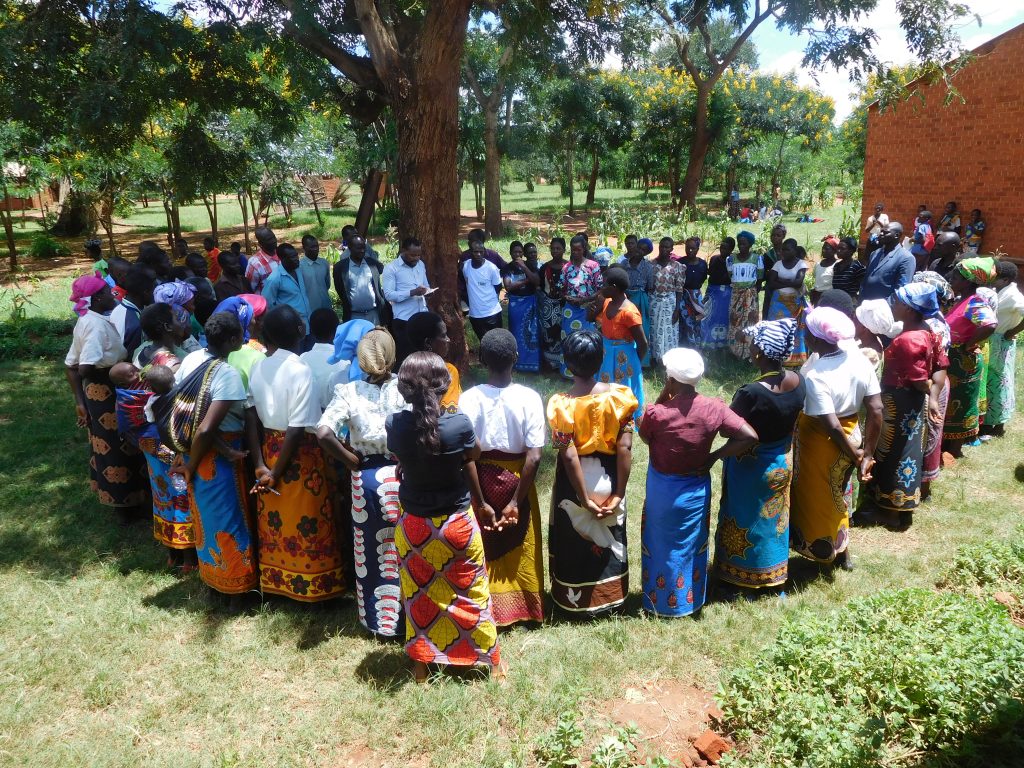
Schools
We are working with two schools in the region, Kakoma (950+ pupils) and Kabadula (2,000+ pupils) Primary. These schools are under-resourced and many students suffer from hunger. Furthermore, the schools have inadequate facilities e.g. water access, toilets and electricity.
Our support for these schools has involved extensive training in permaculture for students, staff and parents. This practical design science allows the community to design solutions to some of the aforementioned challenges.
Our work in both these schools will involve the development of a school food garden (for a breakfast program), access to solar electricity, rainwater harvesting systems, and composting toilets. An integrated sustainability plan that is set to inspire the wider community to adopt similar practices and technologies.

Current Status
This 5 year project was launched in 2018 but due to unforeseen delays caused by the COVID-19 pandemic, it will be completed in 2025.
- Both schools have permaculture committees (which can overlap with parent-teacher committees) to govern project activities.
- Both schools have established school feeding programs and are providing students with breakfast 2-3 days a week (approx. 3,000 students in total)
- Both schools have access to electricity, rainwater harvesting and eco-sanitation toilets (male and female urinals and toilets).
- Each school has planted 500+ trees over the course of the project with a survival rate of approx 70%.
Main Projects
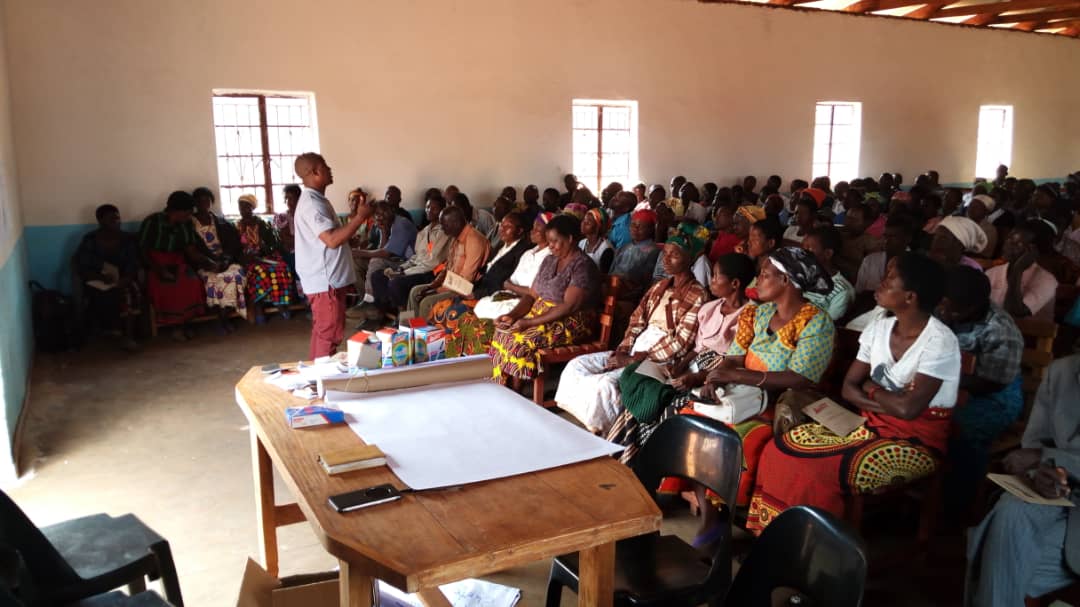
Demera Paprika Cooperative

Tithetse Umphawi

Milindi Cooperative

Permaculture at Kakoma Primary School (950 pupils)
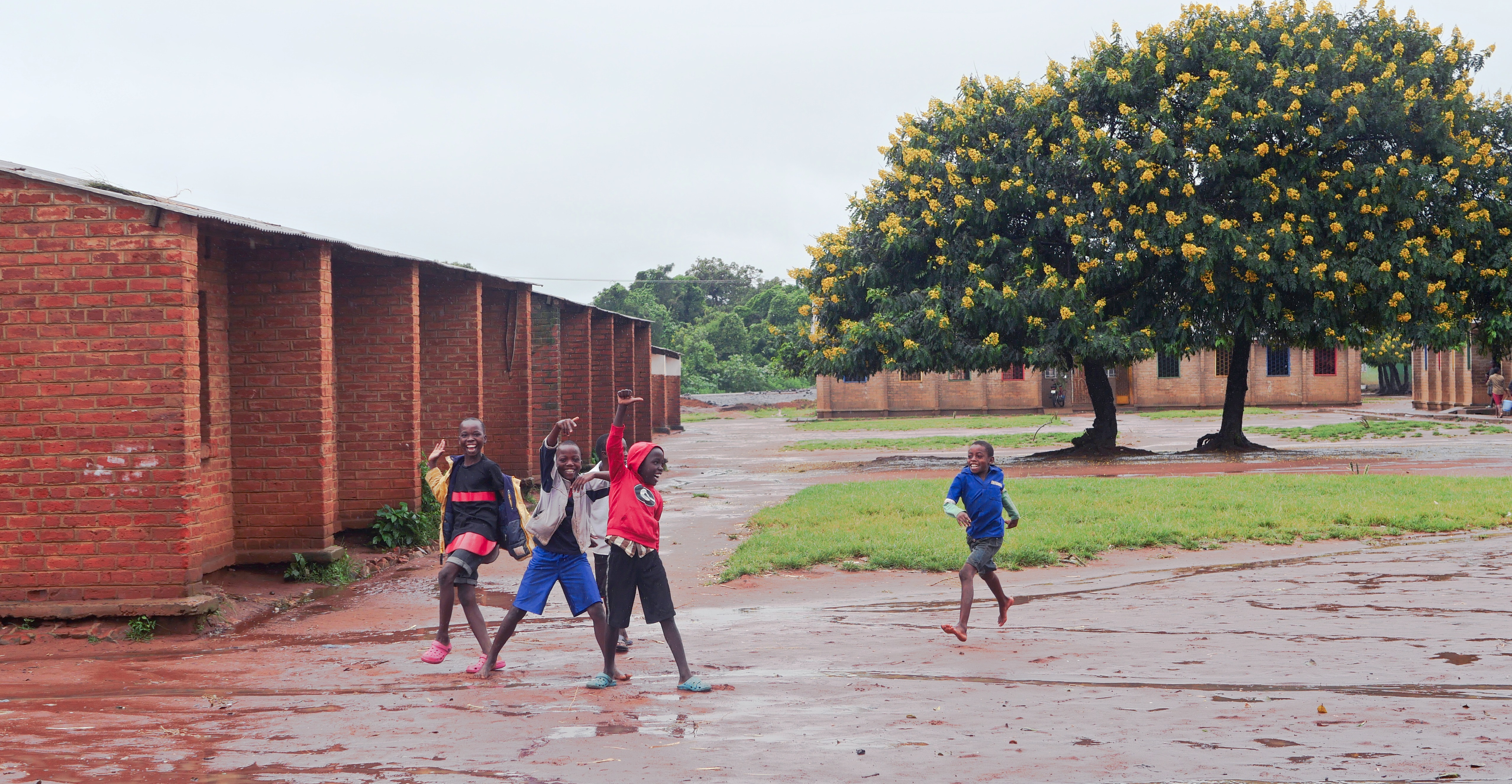
Permaculture at Kabadula Primary School (2,000+ pupils)

